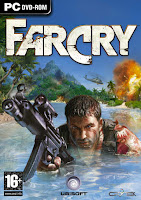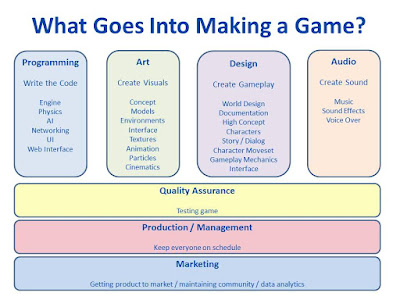Recently, a good friend of mine asked me about my creative process. How do I go about my work? Do I have any advice on how to start writing? What’s a good starting point to get that cool idea in your head onto the page and into a final product? I have a few answers related to this. In later posts I’ll talk about how I approach problems, what tools I use, and more. But for my first piece of advice, I’m going to start very simple. It’s about creating a routine my brain gets used to. What worked for me, the absolute most important thing I did, was create a regular writing schedule . I’m a busy guy. I have a full-time job, I have a family, a couple hobbies, I like to read the occasional book, and in my own time I have to stay current on industry trends (that’s fancy talk meaning I have to play lots of different games). With all of that going on, how do I find time to write? For years I had tinkered around, moving from one half-finished project to the next, and I realized that so






